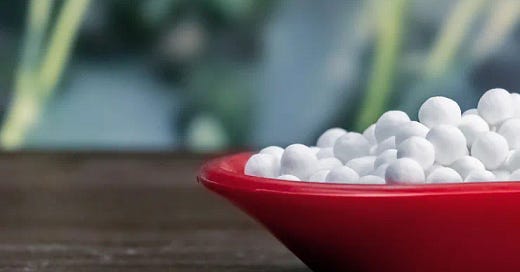In this article you will learn:
What placebo is and how truly powerful it can be based on the research
What the "nocebo" effect is
The implications of the research on our day-to-day lives
The History of Placebo
Having been initially documented by a physician named John Haygarth in 1799, it’s only recently that this intriguing phenomenon has started to be researched as a legitimate effect rather than being dismissed as some anomalous, meaningless data inherent to the research process.
Perhaps we have avoided considering the impact of our intentions and expectations on reality because the implications would upend every aspect of how we do healthcare in the first place. Nevertheless, consider some of the following interesting findings in recent years regarding the notorious placebo effect:
Keep reading with a 7-day free trial
Subscribe to The Dance of Life Podcast with Tudor Alexander to keep reading this post and get 7 days of free access to the full post archives.






